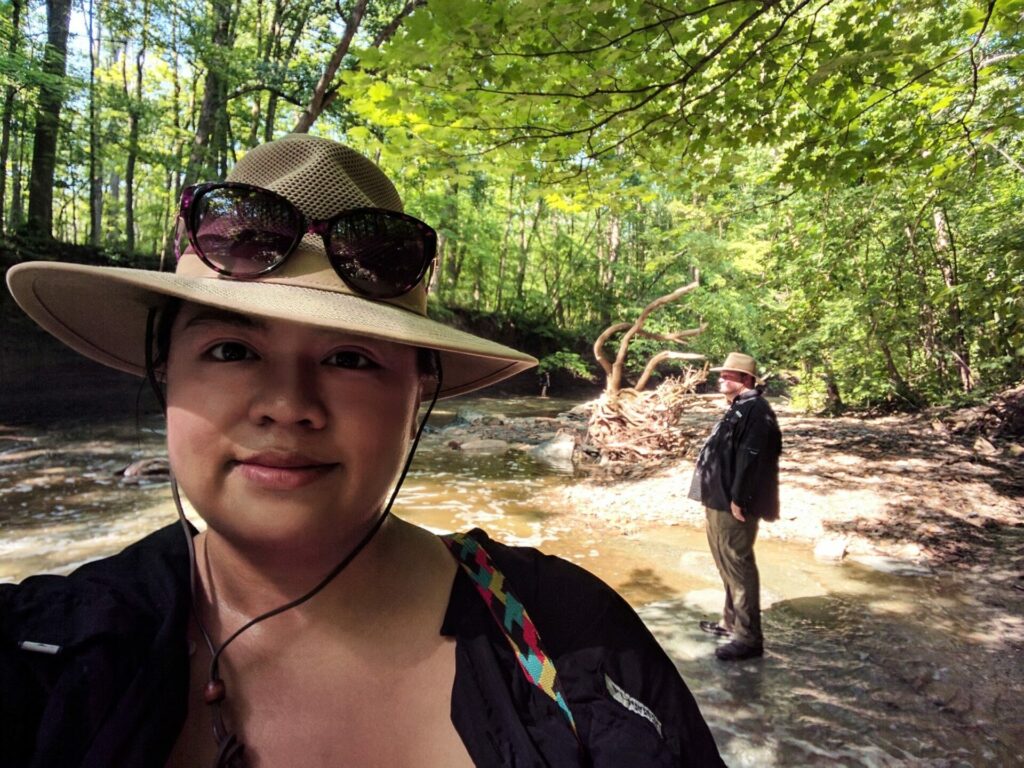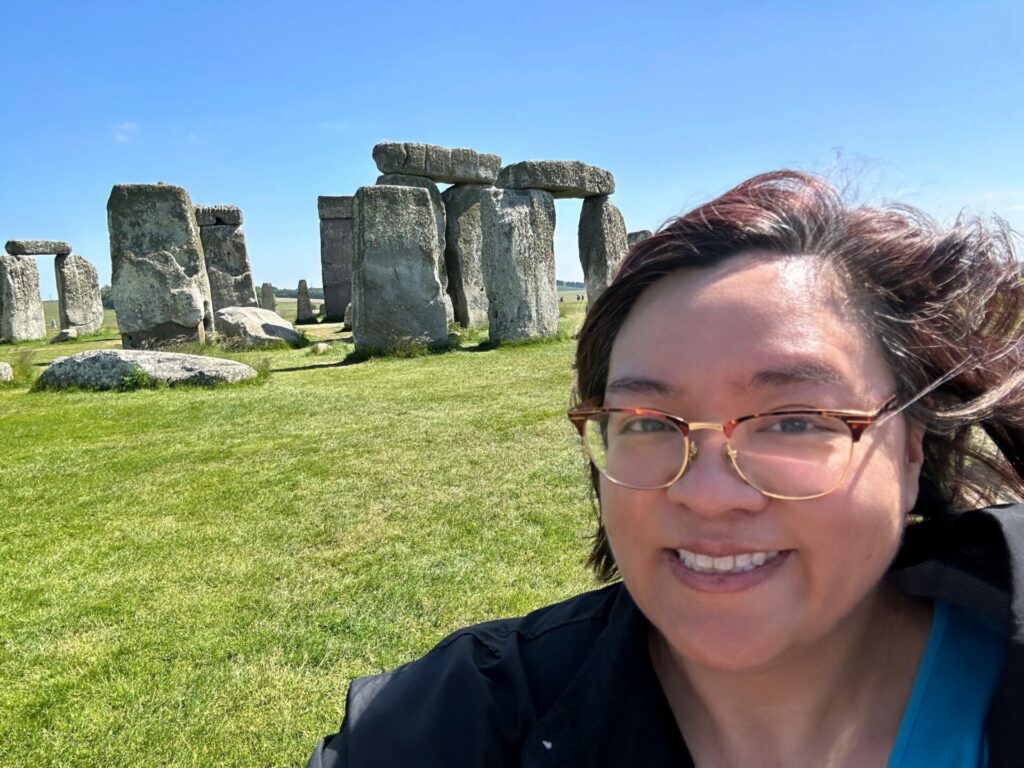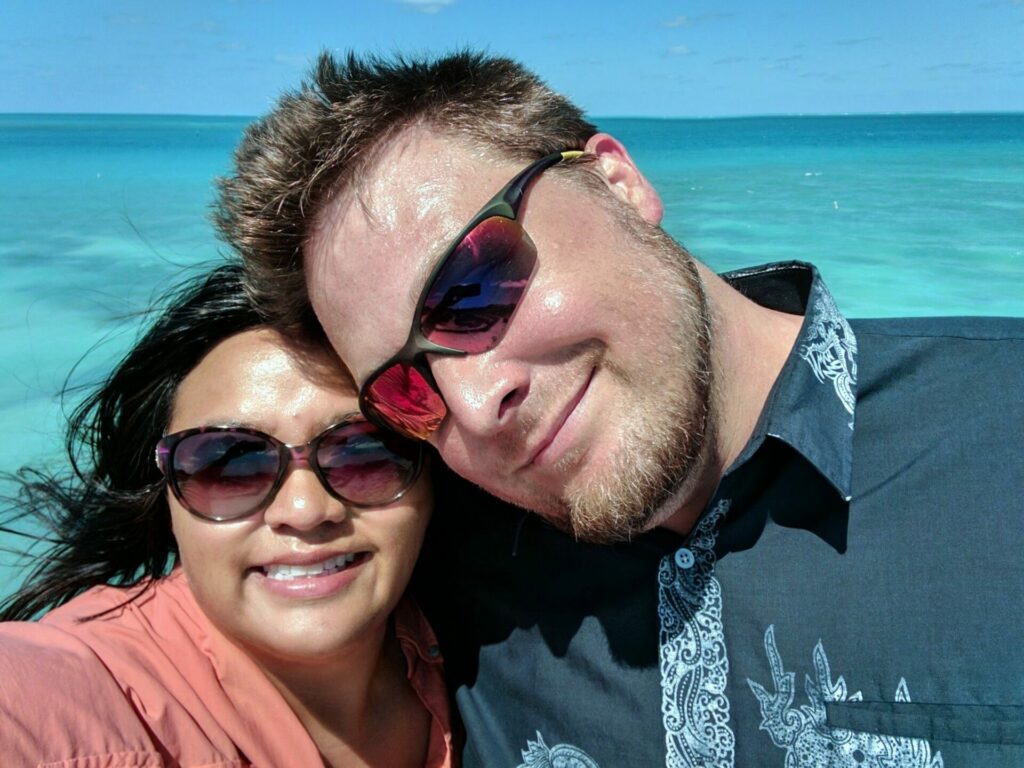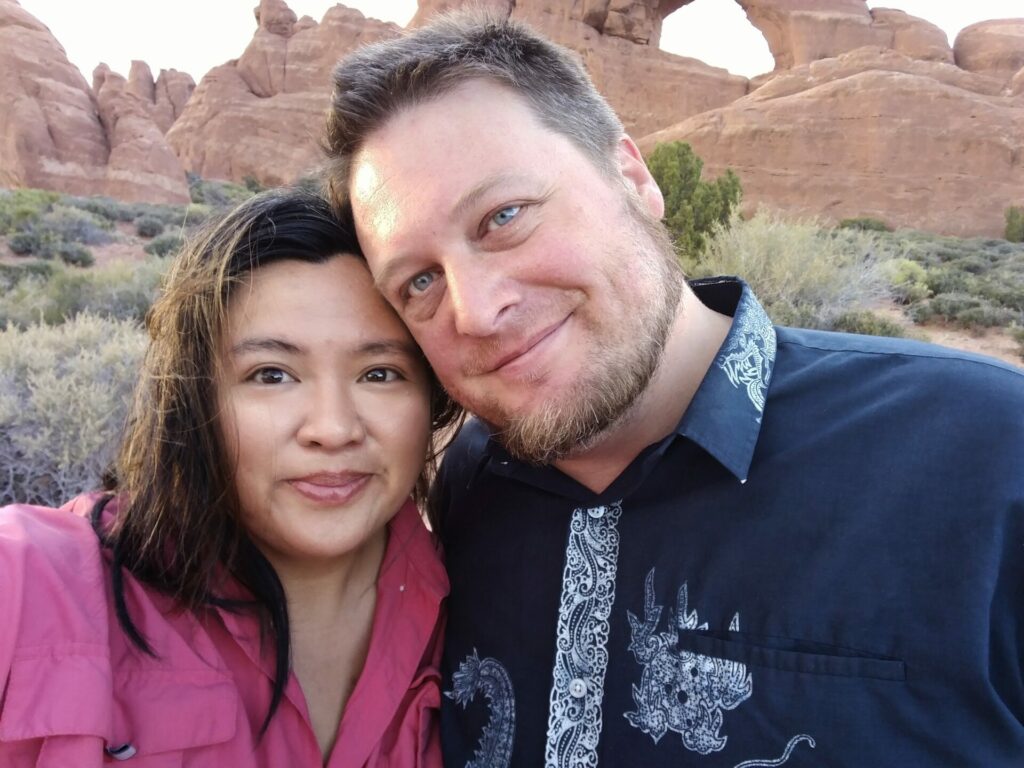Polycystic Ovarian Syndrome (PCOS) is an endocrine condition that impacts numerous women by causing hormonal imbalances. This disorder frequently results in irregular menstrual cycles, weight gain, excessive hair growth, and difficulties with fertility. I have come to learn that managing PCOS must include a comprehensive strategy that includes medical treatment, lifestyle modifications, and emotional support.
So get ready for some word regurgitation on PCOS! Today, I’m sharing my personal journey of managing PCOS and the various strategies I’ve used to maintain balance and well-being.
Taming Cycle Chaos with an IUD
Before being diagnosed with PCOS, managing irregular periods was a significant challenge for me. My periods were unpredictable–sometimes light and brief, and at other times prolonged and painful, lasting over 15 days. The variability made it difficult to plan, especially during a time of significant life transitions.
I was traveling across America with plans of living in Japan, and since it would be difficult to get prescription medication, my obstetrician-gynecologist suggested an IUD (intrauterine device). While IUDs are not a standard treatment for PCOS, it seemed to be the right call considering my situation and condition.
The IUD worked wonders for me. For five years, it helped regulate my periods, providing a much-needed sense of predictability and balance. During those five years I was able to get a handle on the kinds of foods that cause my hormone spikes. The best part: I lost a lot of weight with the IUD, while traveling, and on a low carb diet. Since then, I no longer need an IUD, and my periods remain regular.

Tackling Excess Hair Growth Through Lifestyle Tweaks
Excess hair growth, also known as hirsutism, was another symptom I had to manage early on. While I didn’t experience extreme facial hair growth, I did deal with excess body hair, which was noticeable and frustrating. At first, I relied on hair removal methods, but over time, my approach has changed.
Today, I don’t need as many hair removal products. Instead, I mostly rely on probiotics to help reduce symptoms of hirsutism. After talking with a doctor and reading several articles in medical journals, I learned that certain kinds of probiotics help to balance hormone levels by lowering androgen production. This in turn, would help me alleviate the symptoms of excessive hair growth linked to hirsutism.

Ketogenic Strategies for Managing PCOS
Diet plays a crucial role in managing my PCOS symptoms, especially when it comes to weight management and hormonal balance.
When I lived in Japan, I followed a ketogenic diet and achieved impressive results. I lost 40 pounds in about five months, and the diet really worked for me. The keto diet, which emphasizes low-carb, high-fat, and moderate-protein foods, fit well with the food culture in Japan provided I left out the rice. I focused on vegetables paired with fish and lean meats, taking advantage of the fresh and diverse seafood options available in local markets.
However, when I returned to America, maintaining the ketogenic diet became more challenging. The selection and freshness of seafood here was limited, making it harder for me to stick to the plan. I ended up gaining the weight back, which just shows how difficult it can be to sustain dietary changes when the right ingredients are not as accessible.

Fitness as a Remedy for PCOS Challenges
Exercise is an essential part of managing PCOS, and my approach to staying active has evolved over time. During my travels, walking and hiking were my primary forms of exercise. I was able to easily achieve 10,000 steps or more per day, and those regular walks and hikes contributed to my overall well-being.
Today, my focus has shifted toward including more structured workouts. I want to add HIIT (High-Intensity Interval Training) and resistance training to my routine to improve my cardiovascular health, endurance, and muscle strength. HIIT and resistance exercises are especially beneficial for those of us with PCOS, as they can improve insulin sensitivity and support weight management.
This shows that physical activity can be tailored to fit different stages of life while still addressing the unique needs of managing PCOS.

Breaking the Stress Cycle of PCOS
Managing stress and emotional health is another important aspect of living with PCOS, as hormonal imbalances can affect mood regulation. I’ve found that stress and depression are still something I struggle with, but I have developed some strategies to cope.
I regularly practice meditation and self-hypnosis to help manage anxiety and emotional stress. I also prioritize self-care and work to reduce the triggers that cause me the most stress. While I am still learning how to better manage my emotions, these practices have helped me improve my overall mood with balance and resilience.
Today, I want to incorporate cognitive behavioral journaling to assist me in navigating the turmoil of my mood swings. I’ve come to understand that many of my emotions are influenced by hormonal fluctuations of PCOS, and discovering a constructive method for processing these feelings is crucial for maintaining a balanced life.

Intermittent Fasting to Improve Insulin Sensitivity
Insulin resistance is one of the most common and challenging issues I face with PCOS. I have a propensity of weight gain. It also makes it much harder to lose weight. To tackle this, I’ve been working on improving my insulin sensitivity through dietary changes and fasting practices.
Intermittent fasting to reduce my insulin resistance was difficult at first. Being consistant is the key: I fast for 20 hours and eat within a 4-hour window. So far, this approach has successfully lowered my glucose levels. Combining this with the ketogenic diet seems to have improved my overall emotional mood as well.
However, I do worry about whether this routine is sustainable long term. Maintaining such a strict fasting and dietary regimen can be challenging, but for now, it seems to be working for me.

Embracing Life Without Children
For many women, Infertility is one of the most difficult aspects of PCOS. I have learned to embrace it and live a full, happy life without children. I accepted my infertility many years ago, and it has shaped my approach to life in a positive way.
I really enjoy not having children. Without the responsibilities of parenthood, I have more freedom and flexibility in my life. I can travel extensively, explore my hobbies, and pursue personal interests. I can live my life on my own terms. This independence provides me with a great source of fulfillment.
Not having children has also deepened my relationship with my husband. I feel that our bond is stronger because we’ve prioritized our partnership.
Living without children doesn’t mean sacrificing joy–it means creating a life that aligns with my values and desires.

Endless Elucidation of PCOS
Early in my journey with PCOS, I worked with my general care physician and later saw an obstetrician-gynecologist. They helped me better understand my condition through medical tests and provided resources like books and articles to help me create a treatment plan.
Many of my symptoms are now manageable, but one key challenge remains: weight loss. I’d like to lose 100 pounds in a year. I’m committed to learning how to develop healthy habits that will help me keep that weight off for life.
Streamlining Symptom Tracking for Everyday Use
For tracking my symptoms, I prefer a minimalist approach. I don’t rely on apps or advanced tools–instead, I keep a journal where I write down key symptoms, like when my period started, how long it lasted, and any PMS symptoms I experienced.
I’m also looking into using a habit tracker to help me stay on track with healthy eating and regular fitness sessions. A habit tracker would be a great way for me to reinforce these positive behaviors while making sure I stay committed to my goals.

Staying Positive by Cherishing the Process
One of the most important aspects of managing PCOS is maintaining a positive outlook, and I’ve learned to focus not just on the end goal but also on enjoying the journey itself.
I want to enjoy not only reaching my goal but also the journey. I’m determined to make the effort itself rewarding and fun. I’ve been thinking about how I could turn this into a mini game, though I’m not sure how. But for now, I’ll focus on making the process enjoyable in order to keep myself motivated.
This mindset helps me stay positive and reminds me that resilience can be built through creativity, playfulness, and a sense of personal fulfillment.
Living with PCOS can be challenging, but it’s also an opportunity to learn, grow, and find ways to live a fulfilling life. Through research, lifestyle changes, and a positive mindset, I’m learning to manage my symptoms and achieve my goals. It’s a journey, and I’m committed to making the most of it, every step of the way.



